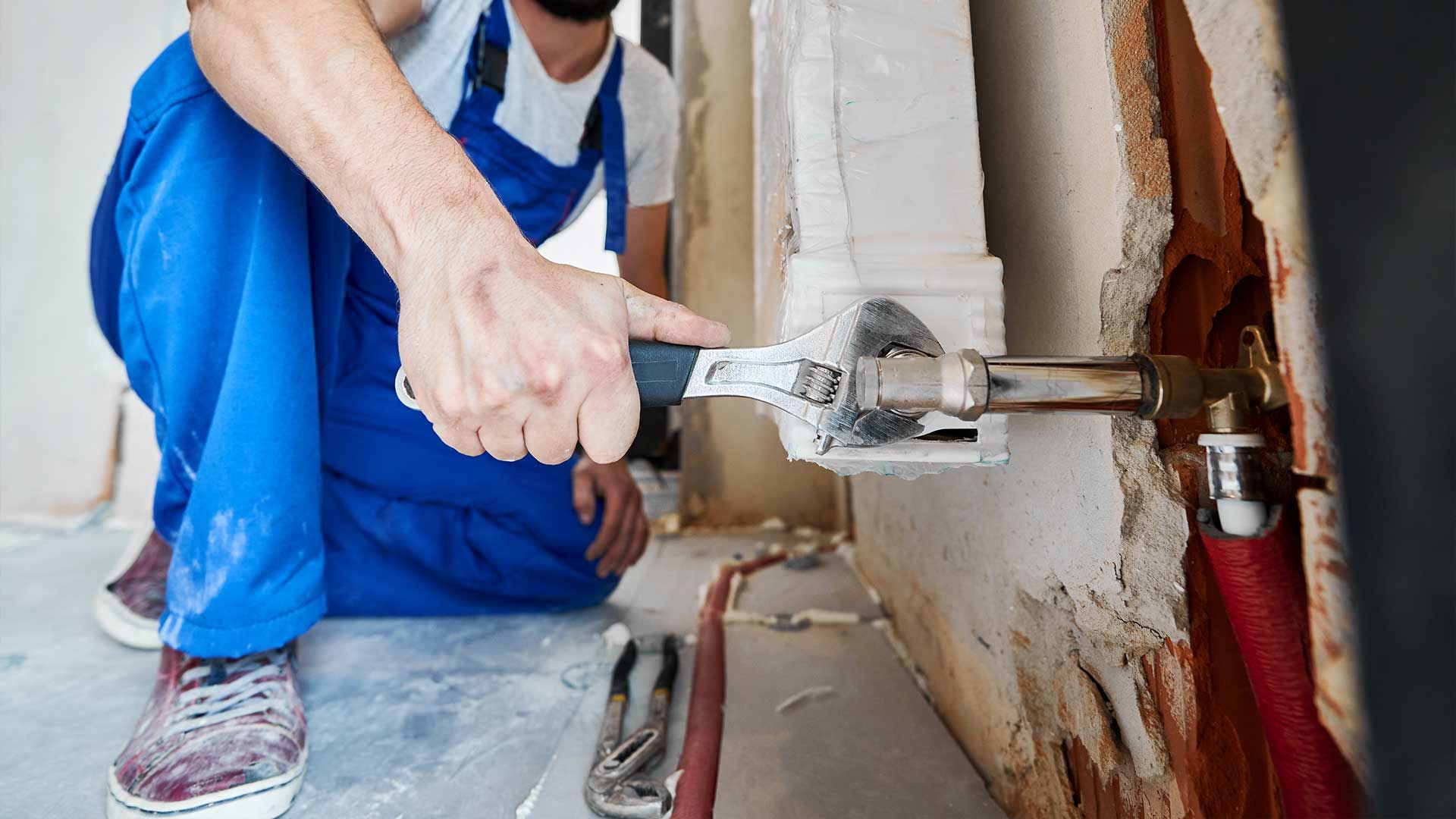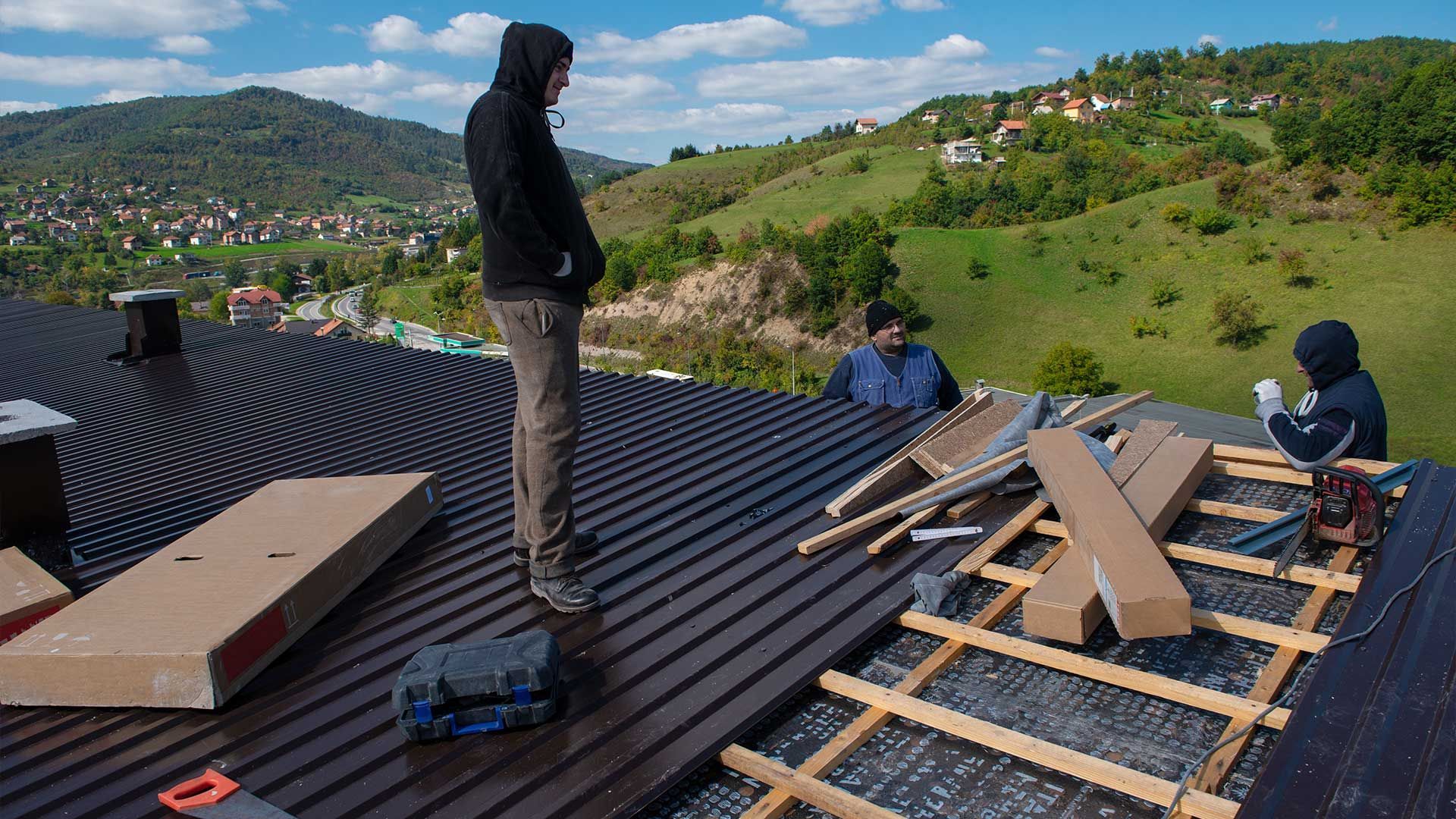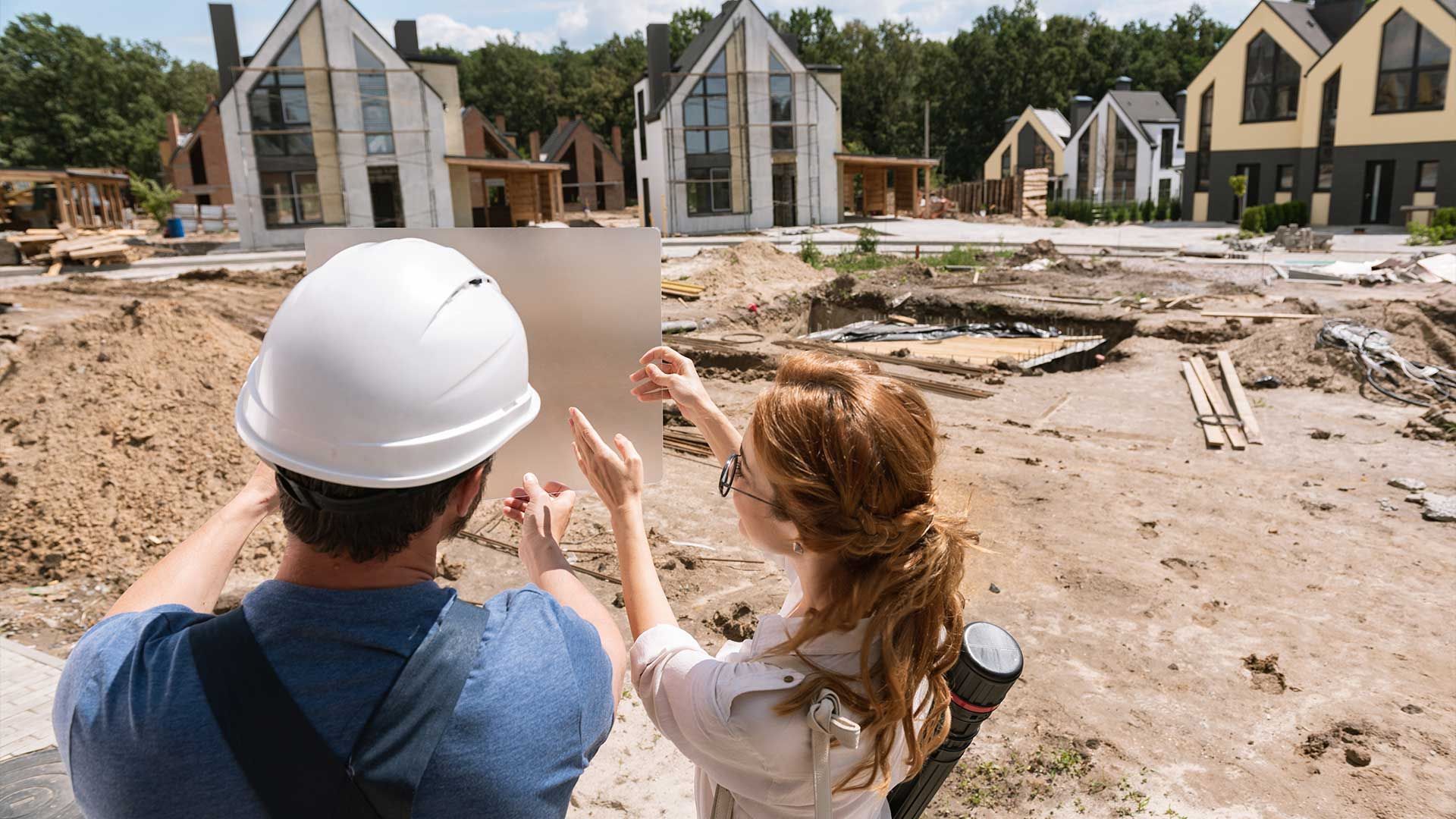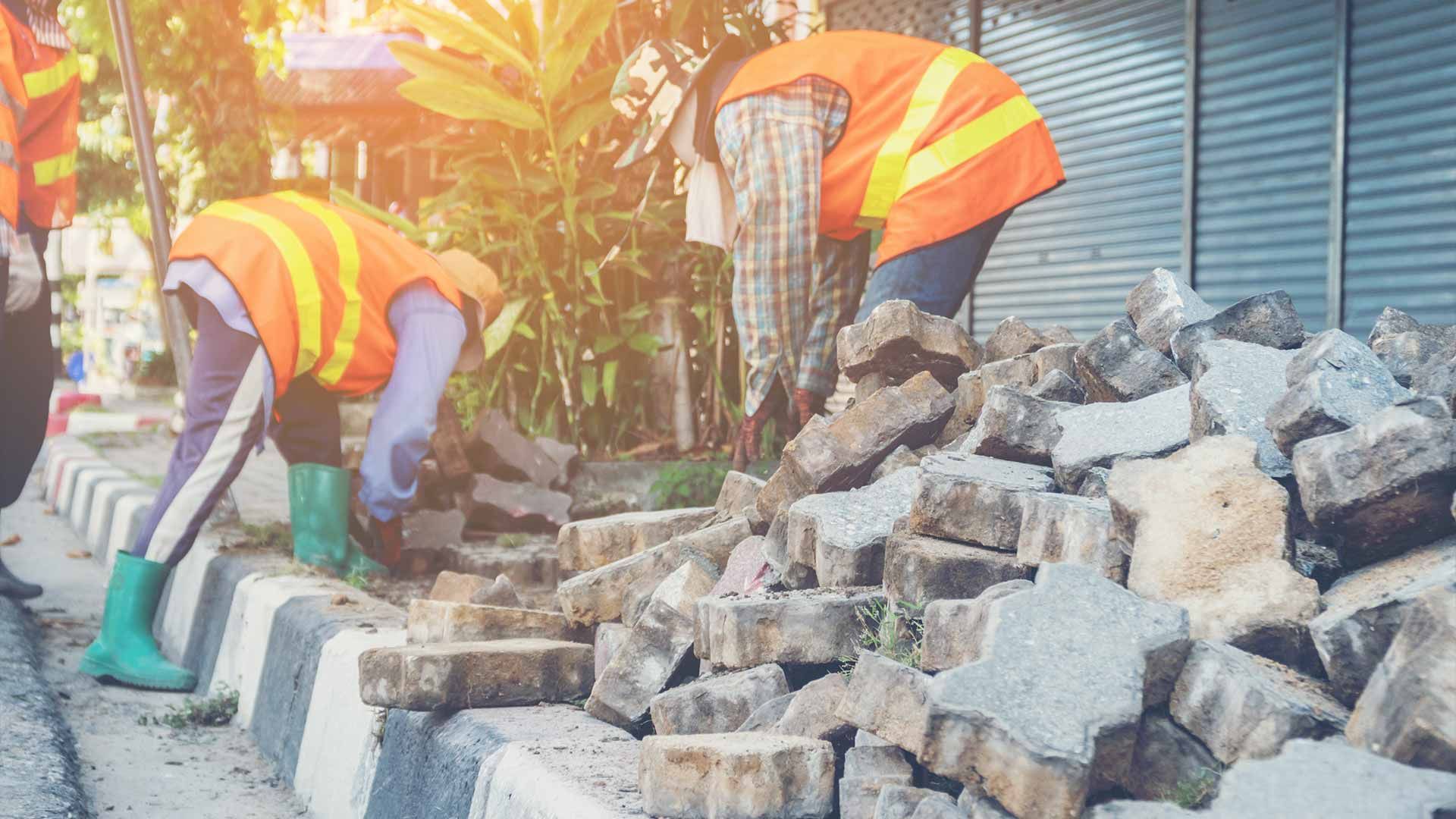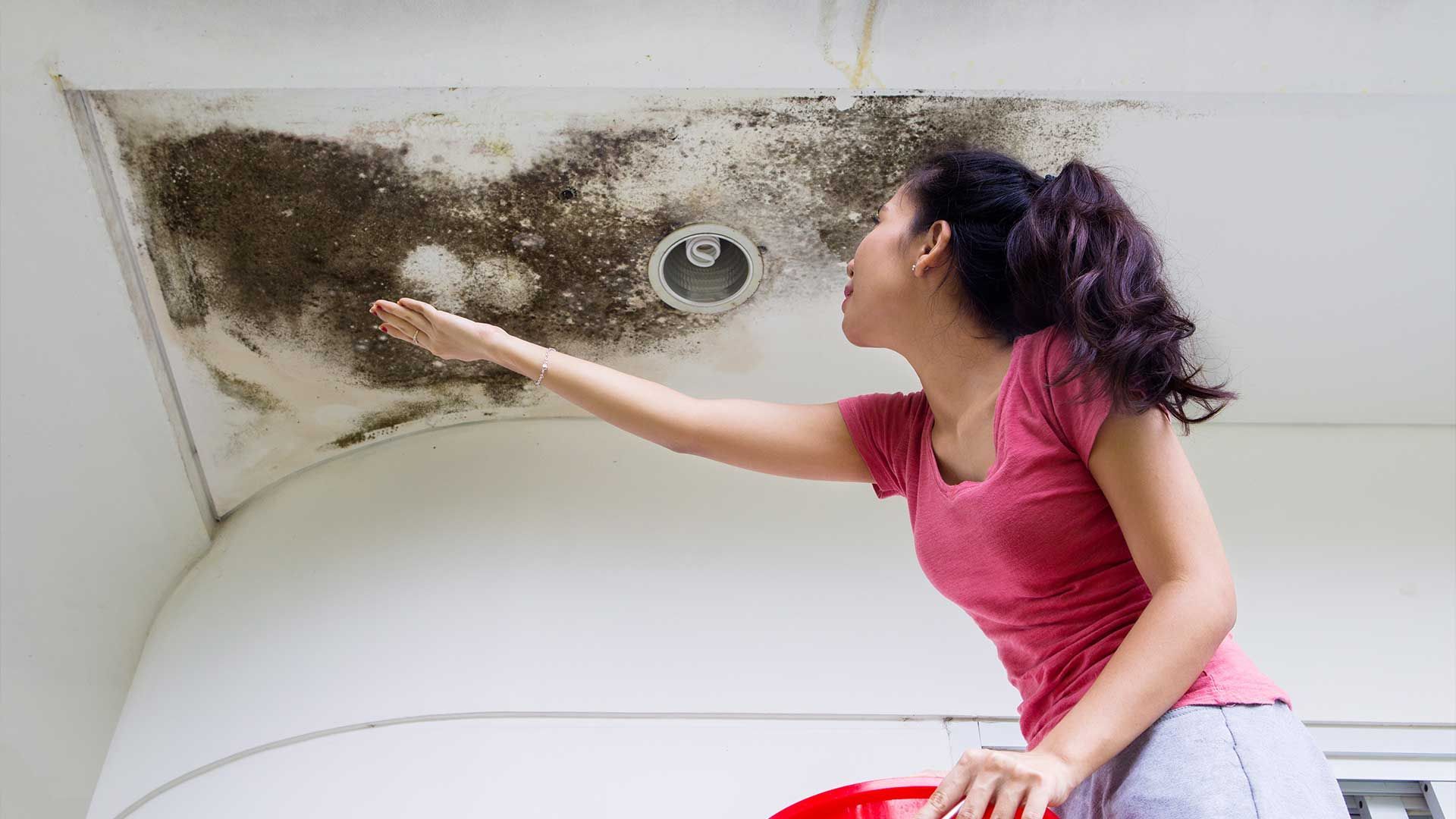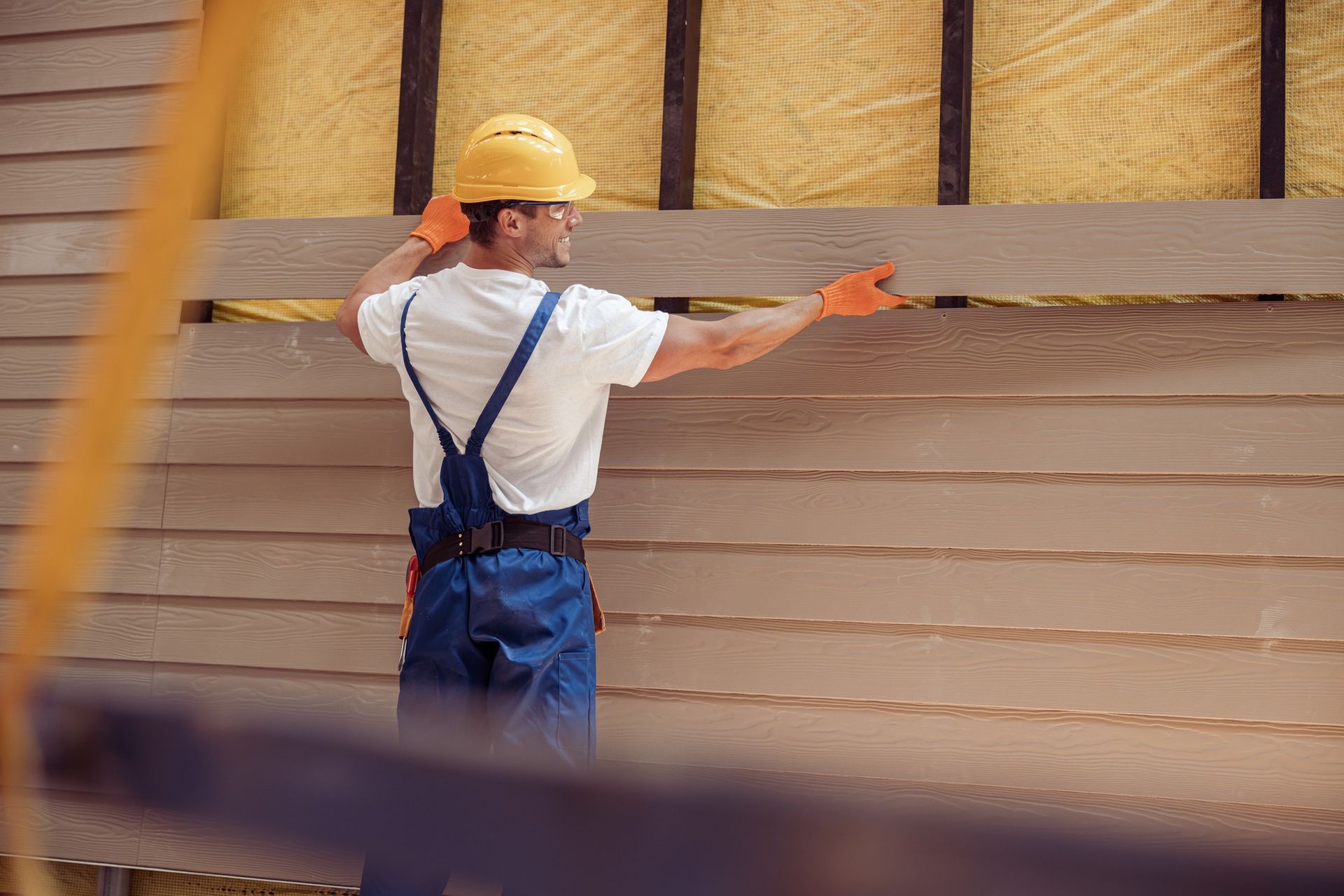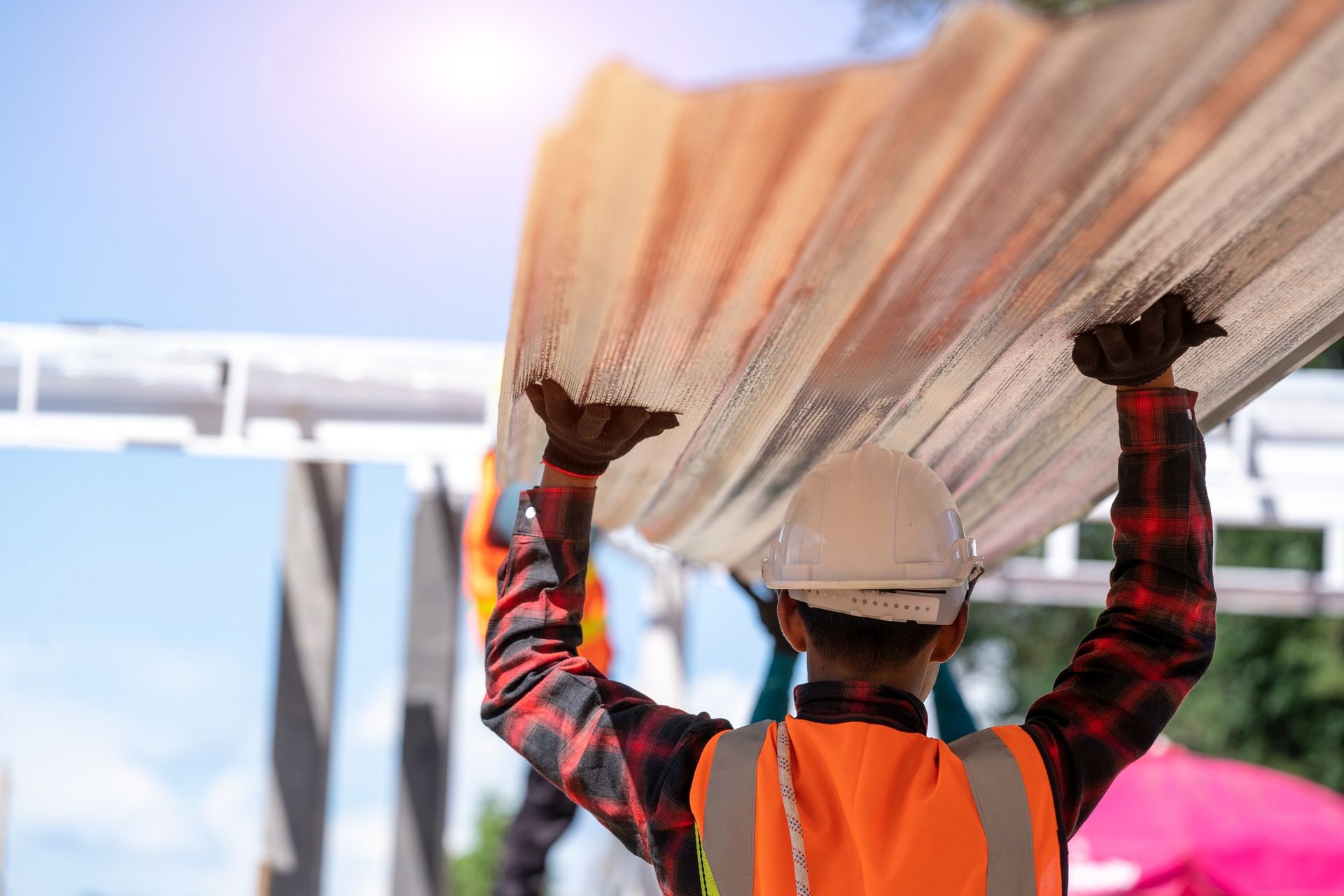Top 5 Common Mistakes to Avoid in Construction Cleanup Services
Are you involved in the world of construction? Whether you're a project manager, a contractor, or a homeowner overseeing a construction project, one thing is certain – construction cleanup services play a crucial role in the overall success of the project. However, it's essential to be aware of the common mistakes that can occur during this process and how to avoid them. In this article, we'll delve into the top 5 common mistakes that you should steer clear of when it comes to construction cleanup services.
Construction Cleanup Service: A Vital Aspect of Any Project
Before we dive into the specifics of avoiding common mistakes, let's take a moment to understand why construction cleanup services are so vital. These services encompass the removal of debris, waste materials, and other remnants that accumulate during construction, ensuring a safe and clean environment. A well-executed cleanup can enhance the project's efficiency, safety, and even its overall aesthetics.
Top 5 Common Mistakes to Avoid in Construction Cleanup Services.
I. Lack of Proper Planning
Effective planning is the cornerstone of any successful construction cleanup service. Unfortunately, many projects suffer from inadequate planning, leading to delays, inefficiencies, and increased costs. Let's explore the crucial aspects of planning that you should consider:
Detailed Cleanup Schedule: Begin by creating a comprehensive cleanup schedule that aligns with the construction project's timeline. Factor in milestones and deadlines to ensure that cleanup activities are seamlessly integrated.
Allocation of Responsibilities: Clearly define roles and responsibilities within your cleanup crew. Assign tasks such as debris removal, surface cleaning, and waste disposal to specific team members to avoid confusion and overlap.
Resource Allocation: Determine the resources required for the cleanup, including personnel, equipment, and supplies. Ensure that you have the necessary tools and manpower available when needed.
Budgeting:
Develop a budget specifically for the cleanup phase. Account for costs related to labor, equipment rental, disposal fees, and any unexpected contingencies. Sticking to a well-planned budget can help prevent cost overruns.
Communication Plan: Establish clear communication channels among project stakeholders. Effective communication ensures that everyone is on the same page regarding cleanup goals, progress, and any potential issues that may arise.
Contingency Planning:
Anticipate potential challenges and have contingency plans in place. Whether it's adverse weather conditions or unexpected delays in the construction phase, having a plan B can prevent cleanup setbacks.
Compliance with Regulations: Research and understand local regulations and environmental requirements related to construction cleanup. Failure to comply with these regulations can result in fines and legal complications.
Documentation:
Maintain thorough documentation of the cleanup process. This includes records of waste disposal, safety inspections, and any incidents that occur during cleanup. Proper documentation can be invaluable in case of disputes or audits.
By investing time and effort in meticulous planning, you set the stage for a successful construction cleanup service. Proper planning not only helps you avoid costly mistakes but also ensures that your cleanup operations run smoothly and efficiently. It's the foundation upon which the rest of your construction cleanup project should be built.
II. Neglecting Safety Protocols
Safety should always be a top priority in construction cleanup services, as neglecting safety protocols can lead to accidents, injuries, and legal liabilities. Here, we'll explore the importance of safety and how to ensure a secure working environment:
Safety is Non-Negotiable:
Neglecting safety protocols during construction cleanup can have dire consequences. Accidents, injuries, and potential legal actions are just some of the risks involved. To avoid these pitfalls, prioritize safety in every aspect of your cleanup operations.
Personal Protective Equipment (PPE): Ensure that all cleanup crew members wear the necessary personal protective equipment, such as hard hats, gloves, steel-toed boots, and high-visibility vests. PPE is a crucial line of defense against potential hazards on the construction site.
Hazard Identification: Regularly inspect the cleanup area for potential hazards, including sharp objects, exposed wires, or unstable structures. Implement hazard identification protocols and promptly address any issues to maintain a safe environment.
Proper Signage:
Clearly mark hazardous areas with appropriate signage to alert cleanup crew members and other workers on the site. This helps prevent accidental entry into dangerous zones.
Training and Education: Ensure that your cleanup crew is well-trained in safety procedures and protocols. Conduct regular safety training sessions to keep everyone up-to-date with the latest safety guidelines and best practices.
Emergency Preparedness: Have a well-defined emergency response plan in place. This includes knowing the location of first-aid kits, fire extinguishers, and emergency exits. Ensure that all cleanup crew members are familiar with the plan and know how to respond to emergencies.
III. Insufficient Staff Training
The skills and knowledge of your cleanup crew can significantly impact the quality and efficiency of the cleanup process. Neglecting staff training is a mistake that can lead to subpar results. Let's explore how to ensure your team is well-prepared:
Invest in Continuous Training:
Effective training is an ongoing process. It's not enough to provide initial training; you must invest in continuous skill development to keep your cleanup crew performing at their best.
Initial Training:
When onboarding new team members, provide comprehensive training on equipment operation, safety procedures, and waste disposal protocols. This initial training should cover the basics and ensure that new hires have a solid foundation.
Regular Refresher Courses: Schedule regular refresher courses to reinforce important concepts and introduce updates in safety protocols or equipment. These courses help prevent complacency and ensure that your team stays sharp.
Specialized Training:
Depending on the nature of the construction projects you undertake, consider offering specialized training. This could include hazardous material handling, confined space entry, or specific equipment operation training.
Certifications:
Encourage and support your cleanup crew in obtaining relevant certifications. Certifications demonstrate a higher level of expertise and can enhance your team's credibility.
Feedback and Improvement:
Create an environment where feedback is encouraged. Encourage your team to share their insights and suggestions for process improvement. This collaborative approach can lead to more efficient cleanup operations.
Documentation:
Maintain records of training sessions and certifications for each team member. This documentation helps track progress, identify areas for improvement, and ensure compliance with industry standards.
By investing in continuous staff training, you equip your cleanup crew with the knowledge and skills they need to perform their duties effectively and safely. A well-trained team is not only an asset to your construction
cleanup services but also a critical component in avoiding costly mistakes.
IV. Inadequate Equipment and Supplies
Having the right tools and equipment is essential for efficient and effective construction cleanup services. Inadequate equipment and supplies can hinder the cleanup process and lead to subpar results. Here's how to ensure you have what you need:
Equip Yourself Properly:
Proper equipment and supplies are the backbone of any successful construction cleanup operation. Inadequate tools can lead to inefficiencies, delays, and unsatisfactory results. Ensure you're adequately equipped with the following:
Industrial Vacuum Cleaners: Invest in high-capacity industrial vacuum cleaners capable of handling construction debris, dust, and particles effectively.
Heavy-Duty Trash Bags: Use heavy-duty, tear-resistant trash bags for waste collection. These bags should withstand the weight and sharp edges of
construction materials.
Debris Removal Tools: Equip your crew with tools like wheelbarrows, shovels, and brooms for efficient debris removal.
Safety Gear: Ensure that your team has access to all necessary safety gear, including helmets, gloves, safety glasses, and ear protection.
Cleaning Solutions: Use appropriate cleaning solutions for different surfaces. Eco-friendly, non-toxic cleaners are preferable to minimize environmental impact.
Waste Disposal Containers:
Arrange for waste disposal containers or dumpsters on-site. Proper disposal is critical to avoid environmental violations.
Backup Equipment:
Have backup equipment on hand in case of breakdowns. Downtime due to equipment failure can disrupt the cleanup schedule.
Inventory Management:
Maintain an inventory of equipment and supplies to ensure you never run out of essential items. Regularly restock as needed.
V. Ignoring Environmental Considerations
In today's world, environmental responsibility is paramount in all industries, including construction. Ignoring environmental considerations during cleanup can result in negative consequences for your project and reputation. Here's how to be eco-conscious:
Be Eco-Conscious:
Environmental responsibility should be integrated into every aspect of construction cleanup services. By adopting eco-friendly practices, you not only minimize your ecological footprint but also demonstrate your commitment to sustainability:
Waste Sorting:
Implement a waste sorting system to separate recyclable materials from non-recyclables. This reduces the volume of waste sent to landfills.
Recycling:
Ensure that recyclable materials like metals, plastics, and cardboard are sent to recycling facilities rather than being disposed of as general waste.
Hazardous Materials: Properly handle and dispose of hazardous materials, such as paint, chemicals, or asbestos. Follow all regulations and guidelines for safe disposal.
Reduced Chemical Usage:
Minimize the use of harsh chemicals in cleaning solutions. Opt for eco-friendly, biodegradable alternatives that are safer for both the environment and workers.
Energy Efficiency:
Consider the energy consumption of your cleanup equipment. Opt for energy-efficient models when possible and turn off equipment when not in use to conserve energy.
Vegetation Protection: If your cleanup area includes green spaces or natural habitats, take measures to protect vegetation. Avoid damaging or removing plants unnecessarily.
Local Regulations:
Stay informed about local environmental regulations and compliance requirements. Failing to meet these standards can lead to legal issues and fines.
Educate Your Crew: Ensure that your cleanup crew is educated about the importance of environmental considerations and follows eco-conscious practices.
By integrating eco-friendly practices into your construction cleanup services, you not only contribute to a cleaner planet but also enhance your reputation as a responsible and environmentally conscious service provider.
Conclusion
In the world of construction, a successful project isn't just about the construction itself; it's also about the cleanup that follows. By avoiding common mistakes in construction cleanup services, you can ensure a smoother, safer, and more efficient project. Remember to plan meticulously, prioritize safety, invest in staff training, equip yourself properly, and be eco-conscious in your cleanup efforts.
Construction cleanup service should never be underestimated. It's a vital component of any construction project that can significantly impact its overall success. So, take these tips to heart and ensure that your construction cleanup services are not only effective but also environmentally responsible.
When it comes to construction cleanup services in Linwood, NJ, one name stands out as a reliable and top-notch service provider -
Seaboard Building & Restoration, Inc. You can reach out to them at
856-534-0132. With their expertise and dedication, they can help ensure that your construction cleanup needs are met with the highest standards of quality and professionalism. WE highly recommend their services for your construction cleanup projects in Linwood, NJ.
